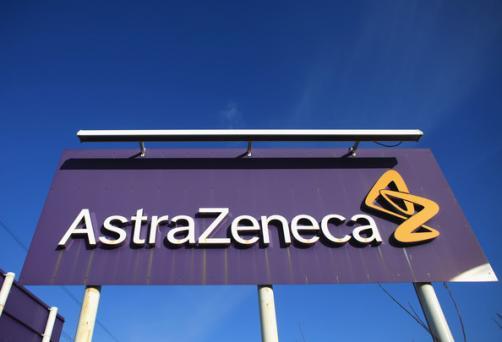AZ buys oral PCSK9 cholesterol drug from Dogma Therapeutics

AstraZeneca has bought rights to an orally-active drug that inhibits PCSK9, offering a patient-friendly alternative to current cholesterol-lowering therapies that have to be delivered via a needle.
The UK big pharma hasn’t revealed how much it is paying for rights to the drug candidate, originally developed by US biotech Dogma Therapeutics, which is still in preclinical development.
At the moment no oral PCSK9 drugs have started clinical development, and AZ says it intends to start clinical testing of Dogma’s candidate next year.
There are two antibodies already on the market that target PCSK9 – Amgen’s Repatha (evolocumab) and Sanofi/Regeneron’s Repatha (alirocumab) – but these require subcutaneous injection every two to four weeks.
Sales of both the commercially available antibodies have failed to live up to initial expectations since their launches a few years ago, despite big price cuts, as they tried to break into a market grown accustomed to low-cost generic statins.
Last year, Repatha and Praluent collectively made revenues of around $1 billion, with Repatha taking the lion’s share, but growth remains sluggish and new data showing they could reduce cardiovascular outcomes hasn’t added much momentum.
Praluent’s disappointing performance was one of the reasons behind Sanofi’s decision to exit the US cardiovascular market last December, handing rights to the drug there back to Regeneron.
Repatha and Praluent are also facing the threat of competition from inclisiran, an RNAI interference drug originally developed by The Medicines Company that only needs to be delivered by injection once every six months.
Novartis paid a hefty $9.7 billion for MedCo, clearly thinking it can succeed where its rivals have so far failed and build inclisiran into a blockbuster brand if it gets approved by the FDA, which is due to deliver a verdict sometime before the end of this year.
Analysts at Clarivate concur with that view predicting inclisiran could make $1 billion-plus sales by 2024, assuming it hits the mark in ORION11 and ORION4, two ongoing cardiovascular outcome studies, and has its pricing set right.
If those predictions are correct, AZ’s oral PCSK9 could have to contend with cut-price antibody drugs, a long-acting siRNA benefiting from marketing alongside Novartis’ blockbuster heart failure therapy Entresto (sacubitril/valsartan), as well as other potential rivals coming through the pipeline.
That includes Esperion’s Nexletol (bempedoic acid), which in February became the first non-statin, orally-active medication to lower cholesterol that the FDA has approved in almost 20 years.
Analysts at Jefferies have suggested the first-in-class ATP citrate lyase (ACL) inhibitor could achieve peak sales in the region of $2-$3 billion, again depending on a cardiovascular outcomes study due to read out in 2022.
Also emerging from the pipeline is Regeneron’s ANGPTL3-targeting antibody evinacumab, which is due for an initial FDA decision in rare genetic diseases that cause elevated cholesterol but also in development for patients with non-inherited forms of high cholesterol who can’t meet treatment targets with current drugs.
For AZ, the deal with Dogma marks a return to the cholesterol market, which was a major earner for the company a few years back thanks to its statin Crestor (rosuvastatin), a $5 billion brand at its peak which lost US patent protection in 2016.












